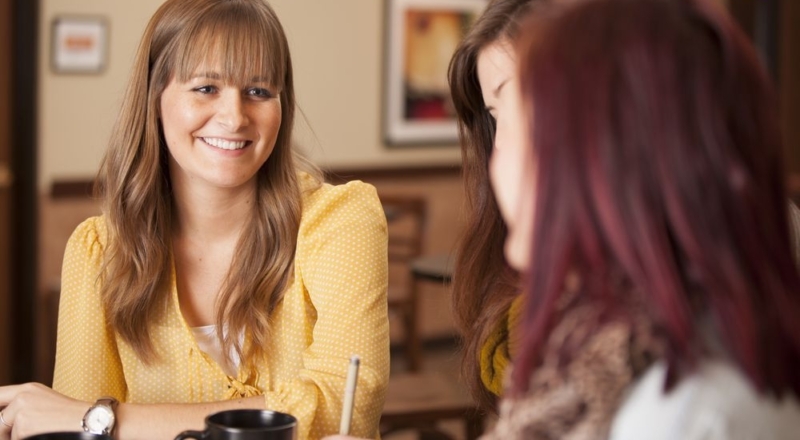 Your work as a major gift fundraiser is probably one of the toughest jobs at a non-profit. Not only do you need to create and build relationships with 150 donors (and then record every move you make in your database), you also have to create and build relationships with just about everyone in your organization.
Your work as a major gift fundraiser is probably one of the toughest jobs at a non-profit. Not only do you need to create and build relationships with 150 donors (and then record every move you make in your database), you also have to create and build relationships with just about everyone in your organization.
Why? Because if you’re going to be effective with your donors, you need the help of everyone in your organization to provide donors with everything they need to ultimately find joy in their giving. (Tweet it!)
There is just no way you can do that well, as your own little island.
Recently, I was on a webinar with a number of managers and executives talking about whether the major gift team had good relationships with other departments within their respective organizations.
It wasn’t good news! Most everyone is struggling with relations to program, finance and the board at some magnitude.
But out of that bad news, we heard some really good news from these non-profit leaders and managers. They were all at some level working in their respective organizations to reach out to their non-fundraising colleagues, trying to create a culture of philanthropy where everyone in the organization views the donors as just as much a part of the mission as what the organization does every day to change the world.
So let me tell you what they’re doing, so you can follow their example and create understanding, empathy, compassion and good relationships with your colleagues.
- Hold weekly lunches with individuals from all the different departments and board members with your organization. One of the managers on our webinar said she had just one lunch with the head program person, and it completely turned around the relationship that major gifts had with program.
- Take program, finance and board members on donor visits. What I heard from the group is that program, finance and many board members have no idea what major gift fundraisers do and how it relates to their work. Taking them on donor visits opens their eyes to your work.
- Have the major gift fundraiser volunteer in all the programs. This allows you to understand all that program does, and it helps you convey the need to the donor from a first-hand perspective. This cannot be underestimated. You, as the major gift fundraiser, will be tempted to do your “real work.” But, as Richard and I so strongly believe, this IS your real work.
- Walk down the hallway every day and talk to people that are not in your department. People respond to the kindness of others. Be kind to your colleagues, talk about what you do, share stories of your donors, ask for advice, thank them profusely for helping you, and continually report back to THEM about the impact that they’re having on your donors.
Here’s the thing: Most non-profits are not doing this kind of internal work of building a culture of philanthropy. If, ultimately, you want to serve your donor well (which Richard and I know you do), doing this work will set you apart from other organizations that are trying to win your donors’ hearts.
Your work will become so much easier if you can do for your colleagues what you do with your donors: understand them, deepen your relationship with them, and know who they really are. In the end, it’s the donor who will be served by the good work you’re doing with your colleagues.
Jeff




0 Comments